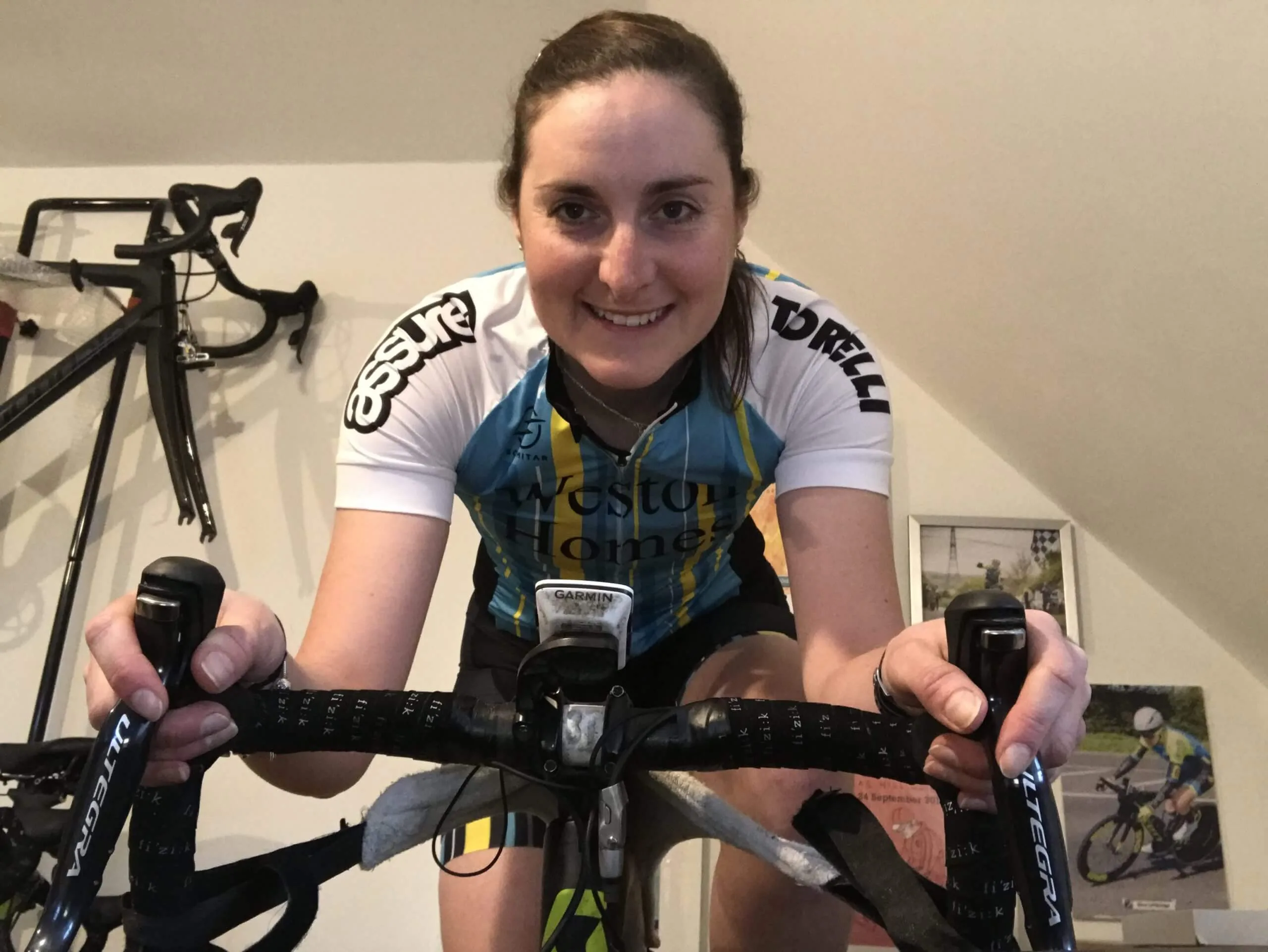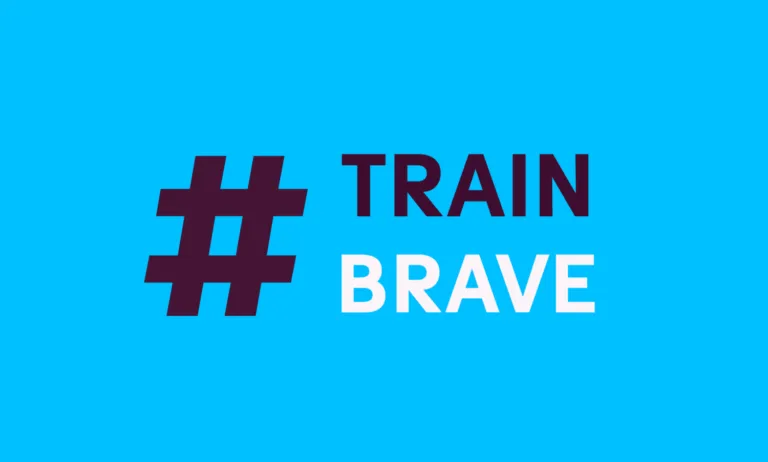
Athletics
Lockdown Diaries: The Perils Of Overtraining
THIS TIME LAST YEAR I WAS SPIRALLING INTO A DARK HOLE, NOT THAT I KNEW IT. I’D JUST DONE MY FIRST RACE OF THE YEAR, AND 51.29 FOR 25 MILES WAS A SOLID START TO MY 2019 BBAR CAMPAIGN. LITTLE DID I KNOW THAT WOULD BE MY BEST TT OF THE YEAR THOUGH.
3 mins read
Published on
April 8, 2020
Written by
EDGE
Share this article
I’d been really unwell in February and March but I hadn’t listened to my body. I had lots going on outside of cycling and training was my way to cope with all the chaos. In truth I’d been overtraining and under fuelling for some time and it wasn’t long before I was sat in front of sports dietician Renee McGregor and sport medicine specialist Dr Nicky Keay with a pretty dire set of bloods from my most recent Edge test, being told that I needed some prolonged time out the sport and that racing might be off the cards altogether for 2019.
Words an athlete never wants to hear -
"Indefinite leave from racing and training. You are in a state of RED-S and your body needs time to heal"
See testsSo why am I writing this now? Well as we come to the end of the first fortnight of ‘lockdown’ I noticed I was rapidly slipping into the same over-training habits again. I was encouraged to sign up to virtual riding and racing. With multiple points orientated goals depending on the mileage and elevation I completed, I was riding hours more than I should have been with my training plan. More worryingly for me, the reliance on w/kg of all these online games meant thoughts of how I could rapidly get my weight down became very prevalent, and combined with the increased training, that’s a dangerous place to go. Having ended up in a very bad place with my health last year, I was able to quickly identify these danger signs and I know I won’t follow that path again. All around me though, friends are constantly discussing power to weight, virtual miles and levels. With the lack of daily structure for many right now, and the psychological need to find things we can control when the world around is out of control, it’s going to be so easy for many people to fall into a state of RED-S if they’re not mindful too.
RED-S has started to gain more awareness, but many are still unaware of how easy it is to succumb to. It stands for ‘Relative Energy Deficiency in Sport’. In short, you are not replacing the calories that you are expending on exercise. For some this will have resulted from purposeful restriction but for others, like me last year, it can come about through just not being mindful enough about matching your nutrition and training. I was eating but not at the right times and not consuming the right things because I was finding it so hard to manage the demands of supporting myself in my training and racing around working full time and going through a period of extreme personal stress.

Train Brave is a campaign to help raise awareness of RED-S amongst athletes
So how do you know if you’re slipping? It’s far easier to tell as a woman when something is going wrong, as your periods become irregular, but there are several key warning signs in men too.
SIGNS AND SYMPTOMS
-
Increased fatigue
-
Excessive weight loss
-
Overtraining or difficulties taking rest days. This can include preoccupation with targets such as power, duration or speed.
-
A sluggish digestive system including constipation and bloating
-
Recurrent injuries or poor healing from injuries. Bone health is particularly at risk, so stress fractures or ‘easy’ breaking are coming
-
Poor performance and difficulty adapting to increased training load
-
Poor thermoregulation e.g. feeling cold on warm days or ‘overheating’ very easily
-
Very low or high resting heart rate
-
Missed or irregular periods
-
Disrupted sleep patterns
-
Morning erectile dysfunction
-
Fear of food and weight gain including anxiety around meals and / or irrational, restrictive or obsessive behaviours
-
Changes in mood including increased anxiety and depression
NB You don’t need to have all of these to be suffering with RED-S.
MOVING FORWARD: SOME PRACTICAL ADVICE
-
Be honest with yourself. It’s extremely easy to make ‘excuses’ in our sport: ‘But it’s a hilly course, I need to lose weight….’ / ‘I’m training for a 100 / 12 / 24 so I need to do those extra miles…..’ / ‘I got home from work too late and had to train late so I didn’t have time for proper dinner ….’ / ‘My dietary requirements mean I can’t eat here, I’ll get something later ..’ Etc.
-
Avoid preoccupation and frequent discussions about weight and body composition. We’re all unique. The only ‘right weight’ is the weight your body wants to be.
-
Don’t be fooled by your own body – notice and recognise changes in your physical and mental health.
-
Stop obsessing over the numbers – kilograms, watts, miles, minutes, hours, seconds. They don’t define who you are or act as a measure of your worth.
-
Look out for each other. If you’re worried about someone, have a conversation, and try not to put pressure on others. The expectation for every race shouldn’t be to finish in position ‘x’ or ride time ‘y’, it should be to enjoy yourself – that doesn’t just apply to our personal goals but what we project onto others.
-
If you’re worried, speak to your GP, but don’t panic or be dismissive if they don’t get it. Take a read of the websites below and take a listen to the podcasts (you may be surprised to hear Charlie Tanfield suffered too). If you’re really struggling, book in for a consult at the Enspire Clinic and get your bloods tested with Edge. Nicky and Renee might not tell you what you want to hear but they will look after you and get you back to where you need to be.
ABOUT ALICE
In 2017, Alice broke the 12-hour time trial record, formerly held by the legendary Beryl Burton and a record that had stood for 50 years. She has continued to clock up excellent performances, with medals and wins at competitions including the 50-mile and 100-mile National Championship. She is an ambassador for Edge and continually monitors her blood biometrics to help her optimise her performance and avoid overtraining.